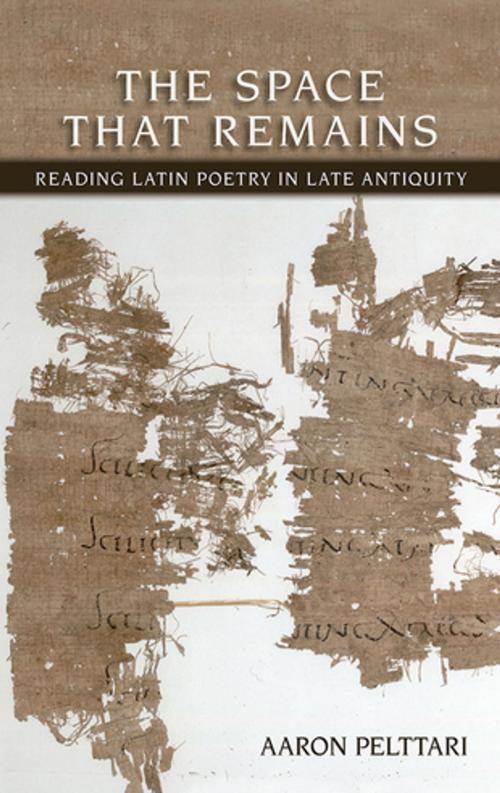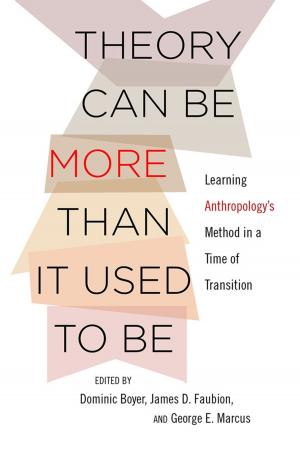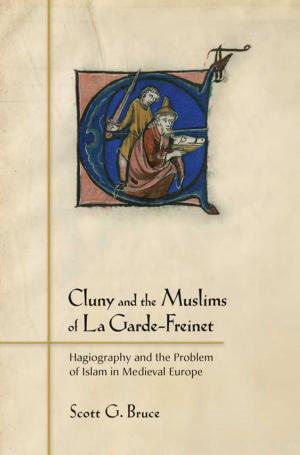The Space That Remains
Reading Latin Poetry in Late Antiquity
Fiction & Literature, Literary Theory & Criticism, Ancient & Classical, Poetry History & Criticism| Author: | Aaron Pelttari | ISBN: | 9780801454998 |
| Publisher: | Cornell University Press | Publication: | September 8, 2014 |
| Imprint: | Cornell University Press | Language: | English |
| Author: | Aaron Pelttari |
| ISBN: | 9780801454998 |
| Publisher: | Cornell University Press |
| Publication: | September 8, 2014 |
| Imprint: | Cornell University Press |
| Language: | English |
When we think of Roman Poetry, the names most likely to come to mind are Vergil, Horace, and Ovid, who flourished during the age of Augustus. The genius of Imperial poets such as Juvenal, Martial, and Statius is now generally recognized, but the final years of the Roman Empire are not normally associated with poetic achievement. Recently, however, classical scholars have begun reassessing a number of poets from Late Antiquity—names such as Ausonius, Claudian, and Prudentius—understanding them as artists of considerable talent and influence. In The Space That Remains, Aaron Pelttari offers the first systematic study of these fourth-century poets since Michael Robert’s foundational The Jeweled Style (Cornell, 1989). It is the first to give equal attention to both Christian and Pagan poetry and the first to take seriously the issue of readership.
Like the Roman Empire, Latin literature was in a state of flux during the fourth century. As Pelttari shows, the period marked a turn towards forms of writing that privilege the reader’s active involvement in shaping the meaning of the text. In the poetry of Ausonius, Claudian, and Prudentius we can see the increasing importance of distinctions between old and new, ancient and modern, forgotten and remembered. The strange traditionalism and verbalism of the day often concealed a desire for immediacy and presence. We can see these changes most clearly in the expectations placed upon readers. The space that remains is the space that the reader comes to inhabit, as would increasingly become the case in the literature of the Latin Middle Ages.
When we think of Roman Poetry, the names most likely to come to mind are Vergil, Horace, and Ovid, who flourished during the age of Augustus. The genius of Imperial poets such as Juvenal, Martial, and Statius is now generally recognized, but the final years of the Roman Empire are not normally associated with poetic achievement. Recently, however, classical scholars have begun reassessing a number of poets from Late Antiquity—names such as Ausonius, Claudian, and Prudentius—understanding them as artists of considerable talent and influence. In The Space That Remains, Aaron Pelttari offers the first systematic study of these fourth-century poets since Michael Robert’s foundational The Jeweled Style (Cornell, 1989). It is the first to give equal attention to both Christian and Pagan poetry and the first to take seriously the issue of readership.
Like the Roman Empire, Latin literature was in a state of flux during the fourth century. As Pelttari shows, the period marked a turn towards forms of writing that privilege the reader’s active involvement in shaping the meaning of the text. In the poetry of Ausonius, Claudian, and Prudentius we can see the increasing importance of distinctions between old and new, ancient and modern, forgotten and remembered. The strange traditionalism and verbalism of the day often concealed a desire for immediacy and presence. We can see these changes most clearly in the expectations placed upon readers. The space that remains is the space that the reader comes to inhabit, as would increasingly become the case in the literature of the Latin Middle Ages.















